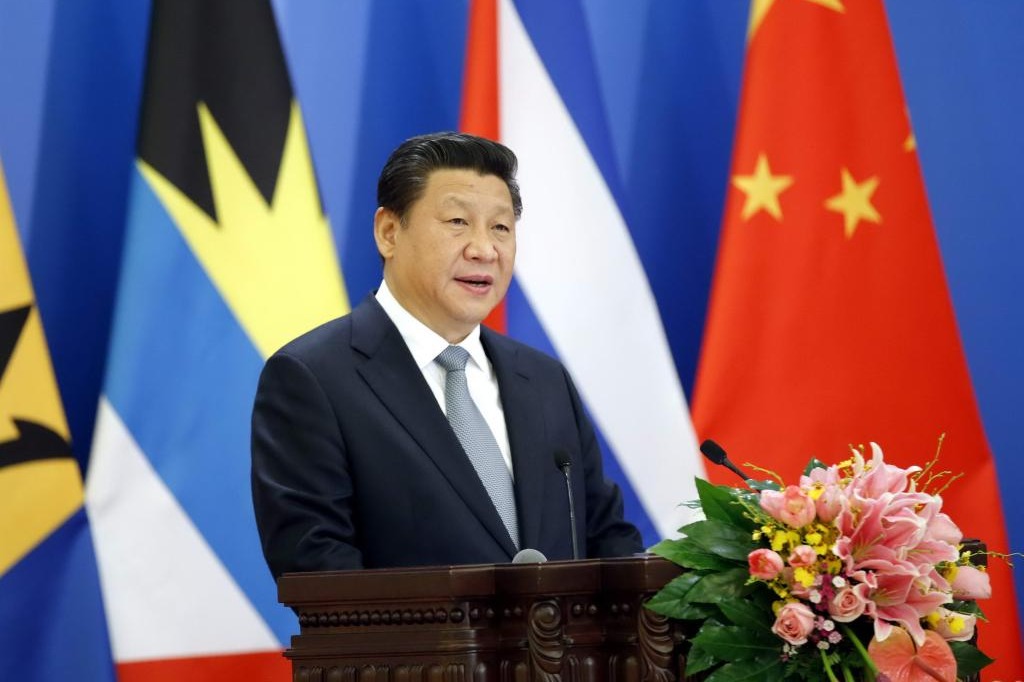Smoke signals


China's coal power is being repositioned as a flexible energy source that helps promote the transition to new energy and safeguard power security
The extreme weather threatening the globe not only affects public health and social production, but also challenges power security. The increasing risk of imbalance between power supply and demand is a result of the superimposition of climate vulnerability of the high-share renewable power and the climate sensitivity of the terminal electricity load.
Since 2018, short-term power shortages caused by extreme weather have been experienced in some provinces of China. But this did not spur enthusiasm for coal power construction. At that time, China's coal power construction had begun to slow down, particularly after China put forward its carbon neutral target. However, after suffering a shortage of coal nationwide in the fall of 2021, and the severe power shortage event caused by the high temperature and drought in Sichuan province in 2022, power security has become a top priority issue for local governments in China. This has directly prompted a new wave of local coal power approvals, raising concerns both at home and overseas. How to guarantee power security under extreme weather conditions while adhering to the green transition is a practical challenge that will test China's ability to transform its energy sector into a green and low-carbon one.
During the same period, European countries faced energy shortages brought about by a scarcity of gas, and a number of countries restarted coal power generation in the first half of 2022 in response to their power emergencies. But despite the rebound in European Union coal consumption, it has not changed the overall trend of a green and low-carbon energy transition. After September, EU coal-generated emissions were already lower than the early 2020 levels, and European coal consumption in 2022 fell by 3.1 percent compared to 2021. Energy shortages and the climate crisis have prompted developed countries to accelerate an energy supply system centered on non-fossil energy sources.
The global energy transition has not come to a standstill, and the expansion of the approved scale of coal power in China does not mean that China has given up its commitment to the "dual carbon" target. The second meeting of the Central Committee for Comprehensively Deepening Reform, which was held on July 11, indicated that China will gradually shift dual-control of energy consumption to dual-control of carbon emissions, and that, on the basis of a safe and reliable substitution of new energy sources, the proportion of traditional energy sources will be gradually reduced in a step-by-step manner. A week later, on China's first National Ecology Day, Chinese President Xi Jinping pointed out that China's pledge to realize its "dual carbon" target is unshakeable, but the path and pace to achieve this goal must be decided by the Chinese people, and never be subject to the influence of other countries. China is still firmly committed to the direction of green and low-carbon development of energy, and the shift from dual-control of energy consumption to dual-control of carbon emissions is the right choice for the integration of emissions reduction and power security.
Focusing on the power industry, the new space for coal power generation is very small from the point of view of the new energy development momentum and the judgment of the national authorities. The contribution rate of China's renewable power generation to meet the national incremental electricity consumption was about 47 percent during the period 2018 to 2022, and the National Energy Administration has proposed the goal that renewable power generation in the incremental electricity consumption of the whole society in 2025 should be more than 80 percent. Local governments are also aware that the traditional idea of relying on newly-built coal-fired power is no longer suitable for coping with the new challenges of power scarcity triggered by exogenous shocks from extreme weather and endogenous transition of the power system.
In the new power system, China's coal power is being re-positioned as a supportive resource to ensure the security of power supply and a flexible resource to promote the consumption of new energy electricity, and it should serve power security and emissions reduction with its own efficient transition. In this regard, China's coal power needs to make more transition efforts.
At the level of technological transition, the diversified functions of coal power should be brought into play to provide supportive guarantees for power security. The priority is to coordinate the scale of new coal power construction with the elimination of outdated units and the alternative actions such as flexibility retrofits, life-extension, emergency reserve units, deep integration of multiple energies, demonstration of carbon capture retrofits and so on. These measures are to endow coal power with more technical attributes and application scenarios in the areas of flexible peaking, power supply guarantees, comprehensive energy services and low-carbon power generation, so as to enhance the security margin of the new power system.
At the market mechanism level, during the 14th Five-Year Plan period (2021-25), China needs to improve the mechanism for guiding coal-fired power to explore the capabilities in short-term balance, rapid response, capacity reserve and emergency support, etc. Using price tools as a lever, first, the peak electricity prices of the spot market can attract coal-fired power units to generate more electricity during power shortage periods; second, the price of auxiliary services should meet the technical cost and market premium of coal-fired power units, to enhance the flexibility required for safe and stable operation of the power system; third, the capacity compensation or temporary capacity electricity price acts as a transition mechanism for power cost recovery inspiring the reliable capacity of coal-fired power; fourth, the interprovincial emergency power trading mechanism can provide floating additional compensation for emergency power support outside the province, stimulating the enthusiasm of coal power to participate in emergency dispatch at the cross-region market.
Yuan Jiahai is a professor with the School of Economics and Management at North China Electric Power University. Zhang Haonan is a lecturer with the School of Economics and Management at North China Electric Power University.
The authors contributed this article to China Watch, a think tank powered by China Daily.
The views don't necessarily reflect those of China Daily.


































